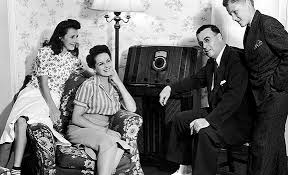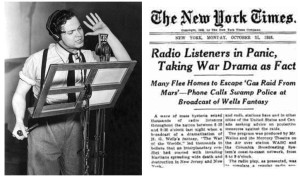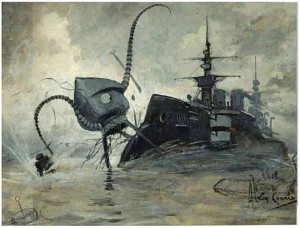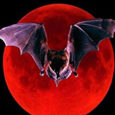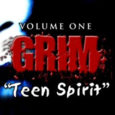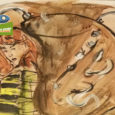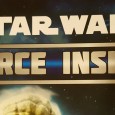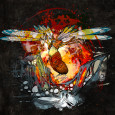I attempted to travel back in time recently. I sat with a cup of tea in my humid kitchen without a phone or Facebook to distract me from an evening with 1938 and the radio drama The War of the Worlds. The hour-long broadcast transformed H.G. Wells’ original science fiction novella into a terrifying realistic moment in the history of horror fiction. While the production can be lauded as a drama and for the terror that it caused when it was originally aired, works of horror have their own finicky scale that incessantly weighs a work’s merit. No matter how well-written, how convincing the effects, or how well-received by its contemporary audience, the real judgement of a masterpiece of the genre will always come down to this question: “Okay, but is it scary?”
Honestly, I’d have to say no, not really. Creepy, sure. But right after the decades-old sign-off, the stillness of my kitchen did not freak me out as I happily made myself a midnight snack.Well, now that I’ve gotten that unfortunate truth out of the way, let’s talk about how completely awesome this production is. The adaptation passes as a real radio news broadcast, which begins with the announcement of a flaming object falling from the sky interrupts chipper orchestrated dance music. The bulletins grow more dire as “live” broadcasts describe the invaders with “V-shaped [mouths] with saliva dripping from its rimless lips that seem to quiver and pulsate.” As the broadcast continues, it is clear earth is losing its most desperate battle to survive as resistance fighters vanish from the air in audible death throws.
While clearly produced with care and great effects, the best segments of The War of the World are unsurprisingly Orson Welles monologues. Through his singular voice and without aid of sound effects, listeners are dragged into a lifeless and helpless earth. From the opening narration that set the stage of an unprepared and blissfully ignorant earth to the final trudge through a decimated Time Square, Welles will have you mesmerized, if not quite terrified.
What did approach truly chilling was not the descriptions of Martians’ rays or the rapid elimination of all life on earth, but the interaction of Welles’ Doctor Pierson with the character only known as “The Stranger.” Their conversation is part of the last third of the production that moves away from the news broadcast style. The Stranger condemns the direction humanity has gone and almost gleefully muses how the majority of people are doomed.
STRANGER: I’m going on. . . right under their feet. I got a plan. We men as men are finished. We don’t know enough. We gotta learn plenty before we’ve got a chance. And we’ve got to live and keep free while we learn, see? I’ve thought it all out, see.
PIERSON: Tell me the rest.
STRANGER: Well, it isn’t all of us that were made for wild beasts, and that’s what it’s got to be. That’s why I watched YOU. All these little office workers that used to live in these houses — they’d be no good. They haven’t any stuff to ’em. They just used to run off to work. I’ve seen hundreds of ’em, running wild to catch their commuter train in the morning for fear they’d get canned if they didn’t; running back at night afraid they won’t be in time for dinner. Lives insured and a little invested in case of accidents. And on Sundays, worried about the hereafter. The Martians will be a godsend for those guys. Nice roomy cages, good food, careful breeding, no worries. After a week or so chasing about the fields on empty stomachs they’ll come and be glad to be caught.
It is The Stranger that I find scary and it his view of our world that I find unnerving. I think he captures what could be considered the only timelessly terrifying part the of radio play. Horror is so often dismissed as pulp or lowbrow, much to many fans’ displeasure. However, I’d argue that most horror is not wriiten to be a character study of the shrieking blonde running from a masked killer, but of the reader and the darkest fears within us all.
Back in the day, the original broadcast was convincing enough to convince real listeners, if only a few, into panic. It is unfortunate that it cannot invoke the same kind of terror. The crackling of old time radio through my itunes on my glowing macbook just doesn’t quite resonate as it was intended to. This makes me more sad than dismissive. In fact, Stephen King, in his introduction to Everything’s Eventual, discussed his attempts to write a modern radio play. He sucked, is the short of it. I’m glad for Welcome to Nightvale, the popular monthly horror podcast, that proves the art form isn’t dead.


